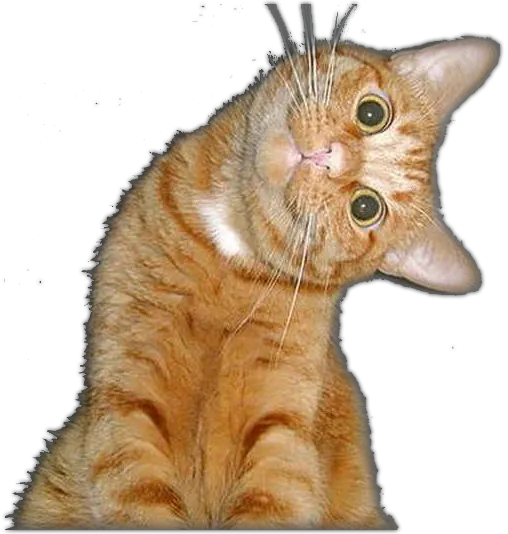Frequently Asked Questions

Who can join?
Adults 18+ who are either self diagnosed / officially diagnosed with autism, those questioning if they're autistic, and any allies 🌈
Do I have to live near Austin?
Nope, we have two online meetings a month and many of our attendees are not in Austin. However, our in person events are in Austin.
How do I submit an event idea?
You can post directly in the #events channel on Discord, or ask at any meetings, and if it aligns with the group's missions we'll set it up as an event for people to RSVP to on Discord!
Send your flyer file to us in Discord and we will add it to our downloads. You can raise participation if you help our community grow by spreading the word!: Flyer downloads
Are there any online meeting expectations?
- You don't have to have your webcam on (most will have them off)
- You can pop in and out as you need
- You don't need to talk if you want to just listen in
- You can use the voice text chat area to type if that's easier for you and facilitators will try to keep an eye on it during the meeting
Do you have a Channel Guide for Discord?
Yes, here you go:
- #announcements to get important updates from the group - we try to limit pinging @everyone to only super important things related to the group, not the monthly event reminders
- If you have any feedback at all, we'd love to hear from you in #suggestions
- #events is where we talk when preparing for upcoming gatherings, and you're welcome to post any ideas you have for a meeting there - if it fits well with the group mission we may even add it as an event on here/discord!
- We have a general #neurodiversity discussion/support channel, as well as private support channels
- Hobbies and Interests are for chatting about your passions with fellow members: #creativity, #technology and #misc-interests for anything else!
- Finally, Media Share is for celebrating the fun things you stumble upon or other areas of your life you'd like to chat about: #photos-videos, #memes, #misc-media
Who's running this group?
This is actually quite a longstanding group, and has gone through many different volunteer leaders. There's no official leader, though the Discord group is currently admin-ed by Jami and Diamond. Everyone who helps out with the group is a volunteer. We'd like to make the group as democratic as possible and not be top-down oriented in management, so please, if you'd like to help out, let a moderator/admin know!
What's a facilitator and how are they chosen?
The facilitator(s) are the people in a support meeting who consensually ensure that everyone has a chance to speak, that nobody is dominating the conversation, that people's hand signals and body language are being paid attention to, who pay attention to time keeping, and who help to connect / show common ground between peoples' experiences.
Without facilitators, meetings can sometimes slip into blaming and shaming, complaining, triggering (for some) vents, take too long, or get distracted from the main reason why everyone is there (The common ground).
Anyone can be a facilitator by talking about the point of the meeting, or by asking if they can help to redirect a conversation that isn't pertinent (or maybe better suited for a therapist) to the rest of the group. Usually at the beginning of the meeting someone will offer to be a facilitator or help with facilitation.
Typically the moderators and admins will step into those kinds of roles just because of experience. And they can interact as members (giving a "share") or interrupt a conversation (to provide a "awkward transition" if the topics going on for too long).